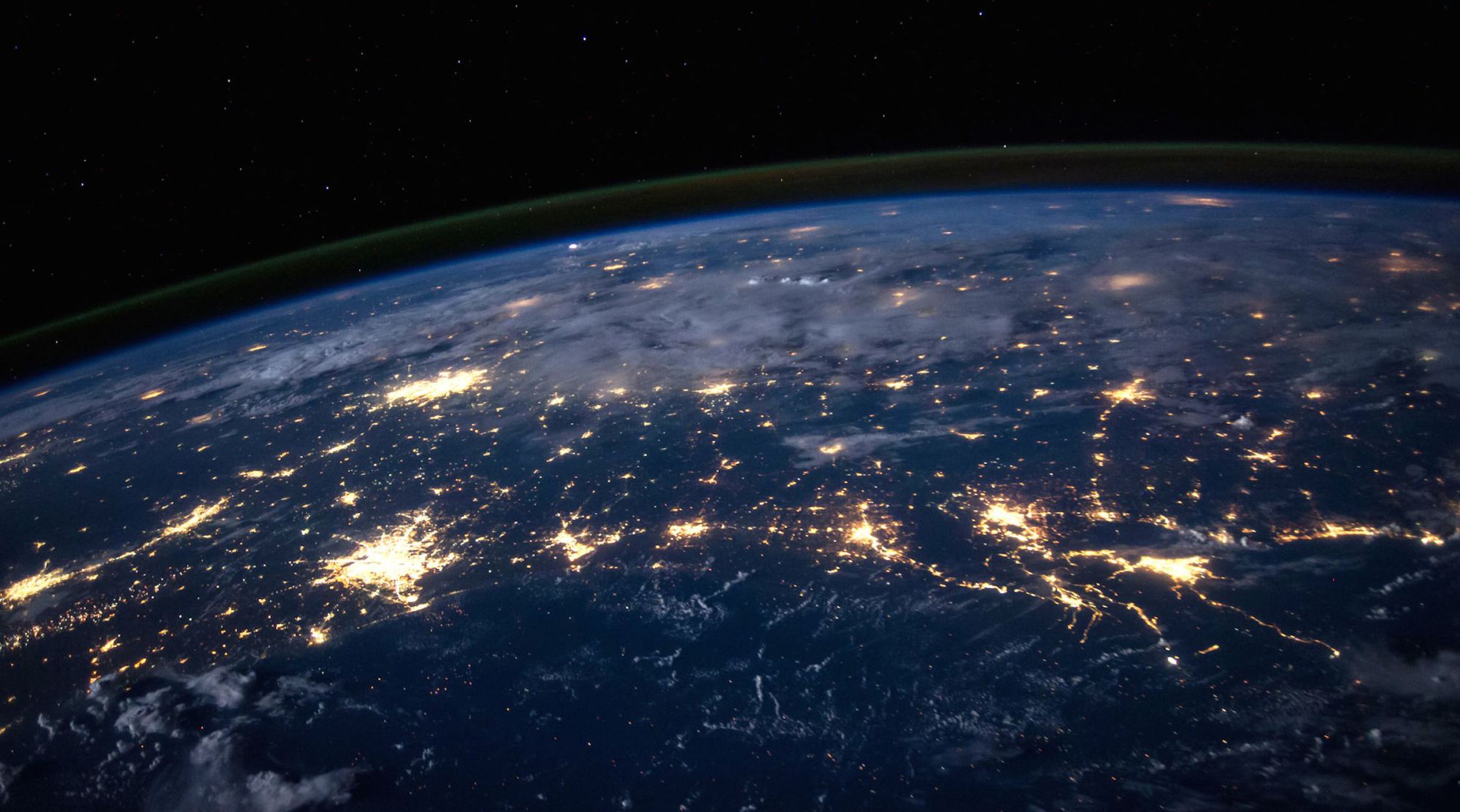Cross Post: Sex Versus Death: Why Marriage Equality Provokes More Heated Debate Than Assisted Dying
Written by Julian Savulescu
A version of this article has been published by The Conversation
Epicurus wrote: “Death does not concern us, because as long as we exist, death is not here. And when it does come, we no longer exist. ”
We are in the midst of two great ethical debates: marriage equality and assistance in dying. The great plebescite is ongoing and the Victorian parliament is debating a new law to allow assistance in dying in the last year of life.
A search of Victorian paper “The Age” reveals about 2400 results for “marriage equality” and only about 1700 for assisted dying related terms. But even more striking is the difference in the strength of the feelings they have embodied: despite the fact that one of these topics is literally a life and death matter, the same-sex marriage debate has been far more polarizing.Read More »Cross Post: Sex Versus Death: Why Marriage Equality Provokes More Heated Debate Than Assisted Dying


